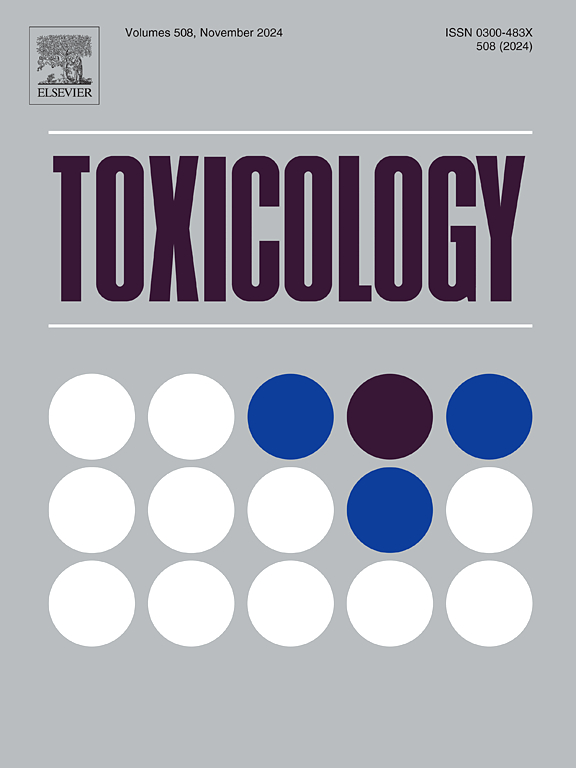环境真菌毒素:神经退行性疾病的潜在病因?
IF 4.8
3区 医学
Q1 PHARMACOLOGY & PHARMACY
引用次数: 0
摘要
真菌毒素是神经退行性疾病的潜在环境危险因素。这些毒素通过受损的血脑屏障穿透中枢神经系统,这可能导致氧化应激和神经炎症,这些也可能导致淀粉样蛋白(a β)斑块积聚,Tau蛋白过度磷酸化和神经原纤维缠结形成。真菌毒素还能激活小胶质细胞,引起神经元凋亡,破坏中枢神经系统功能。这项研究调查了霉菌毒素暴露与阿尔茨海默病和帕金森病等神经退行性疾病之间的联系。我们探讨了氧化应激、线粒体功能障碍、血脑屏障破坏、神经炎症和直接神经毒性作用等机制。流行病学研究表明,真菌毒素流行率和相应的神经退行性疾病发病率存在区域差异,支持这一关联。我们还回顾了目前减轻霉菌毒素暴露的方法,并讨论了在制定预防或减缓神经退行性疾病进展策略方面的挑战和机遇。这项工作强调需要提高对真菌毒素作为神经健康中可改变的危险因素的认识和研究。本文章由计算机程序翻译,如有差异,请以英文原文为准。
Environmental mycotoxins: A potential etiological factor for neurodegenerative diseases?
Mycotoxins are potential environmental risk factors for neurodegenerative diseases. These toxins penetrate the central nervous system via a compromised blood-brain barrier, which may cause oxidative stress and neuroinflammation, these can also contribute to amyloid-beta (Aβ) plaque accumulation, Tau protein hyperphosphorylation, and neurofibrillary tangle formation. Mycotoxins also activate microglia, cause neuronal apoptosis, and disrupt central nervous system function. This study examines the evidence linking mycotoxin exposure to neurodegenerative disorders like Alzheimer's and Parkinson's diseases. We explore mechanisms such as oxidative stress, mitochondrial dysfunction, blood-brain barrier disruption, neuroinflammation, and direct neurotoxic effects. Epidemiological studies show regional variations in mycotoxin prevalence and corresponding neurodegenerative disease incidences, supporting this association. We also review current approaches to mitigate mycotoxin exposure and discuss the challenges and opportunities in developing strategies to prevent or slow neurodegenerative disease progression. This work highlights the need for increased awareness and research on mycotoxins as modifiable risk factors in neurological health.
求助全文
通过发布文献求助,成功后即可免费获取论文全文。
去求助
来源期刊

Toxicology
医学-毒理学
CiteScore
7.80
自引率
4.40%
发文量
222
审稿时长
23 days
期刊介绍:
Toxicology is an international, peer-reviewed journal that publishes only the highest quality original scientific research and critical reviews describing hypothesis-based investigations into mechanisms of toxicity associated with exposures to xenobiotic chemicals, particularly as it relates to human health. In this respect "mechanisms" is defined on both the macro (e.g. physiological, biological, kinetic, species, sex, etc.) and molecular (genomic, transcriptomic, metabolic, etc.) scale. Emphasis is placed on findings that identify novel hazards and that can be extrapolated to exposures and mechanisms that are relevant to estimating human risk. Toxicology also publishes brief communications, personal commentaries and opinion articles, as well as concise expert reviews on contemporary topics. All research and review articles published in Toxicology are subject to rigorous peer review. Authors are asked to contact the Editor-in-Chief prior to submitting review articles or commentaries for consideration for publication in Toxicology.
 求助内容:
求助内容: 应助结果提醒方式:
应助结果提醒方式:


